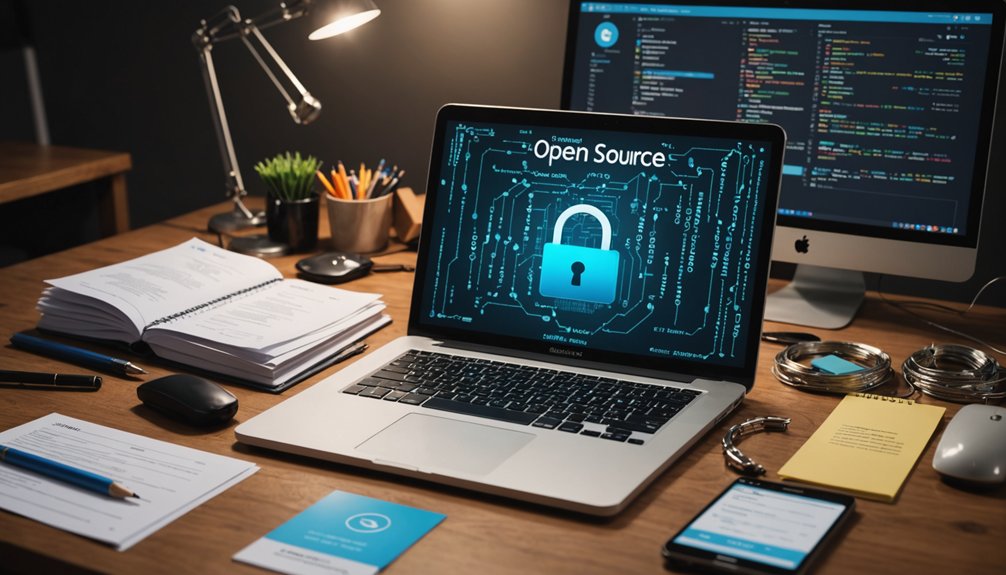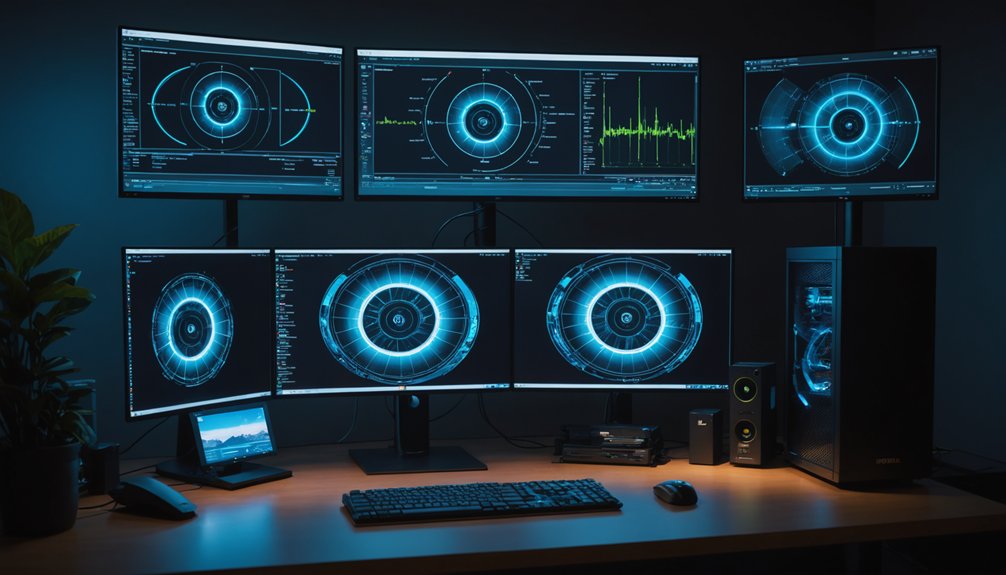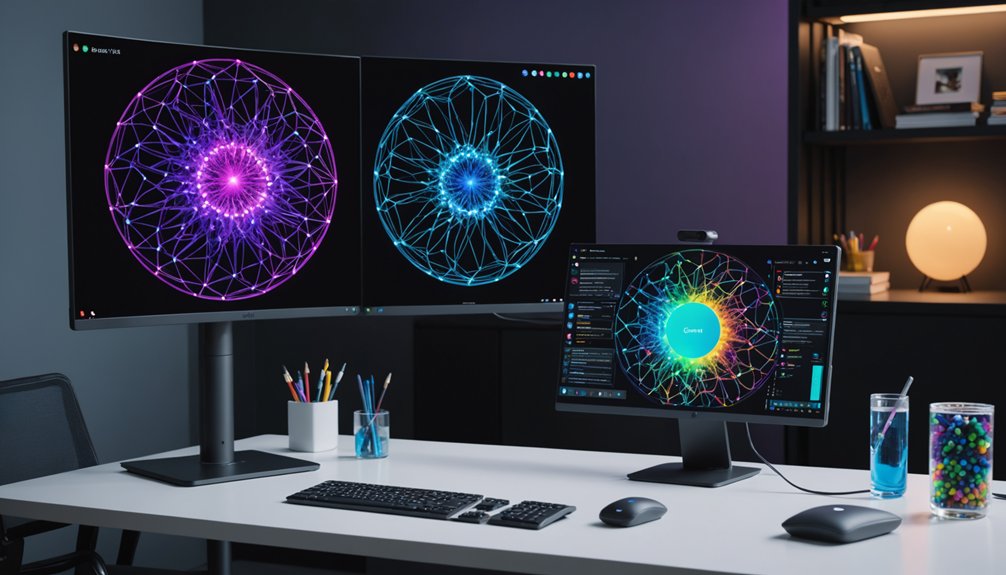Open source licenses control how software can be used, modified, and shared. They fall into two main types: copyleft (like GPL) demands derivatives follow the same rules, while permissive licenses (like MIT) allow more freedom. Copyleft enforces sharing; permissive requires only credit. License choice matters—incompatible combinations create legal headaches. Some developers avoid GPL due to its strict requirements. Each license shapes your project's future in surprising ways.

Nearly every piece of software used today involves some form of licensing, but open source licenses stand apart from the proprietary pack. These legal agreements define how software can be used, modified, and distributed, promoting a level of transparency you simply won't find in closed-source alternatives. There are over 80 variations of these licenses. Yeah, seriously. That many. Being clear and specific when choosing a license helps maximize its effectiveness.
Open source licenses fall into two main categories: copyleft and permissive. Copyleft licenses, like the stubborn relatives at family gatherings, insist that modifications must follow the same rules. You change it? You share it. Under the same license. No exceptions. Major copyleft players include GPL, AGPL, and LGPL. The GPL is particularly strict—any derivative work must also be GPL. No wiggle room. Like data preparation in machine learning, choosing the right license requires careful consideration of your project's needs.
Copyleft licenses are the rule-enforcing relatives of open source—take our code, keep our rules. No exceptions, no compromises.
Permissive licenses, on the other hand, couldn't care less what you do with the code. MIT, Apache, and BSD licenses basically say, "Here's the code, keep the copyright notice, now do whatever." They're the cool, laid-back cousins of the licensing world. Want to incorporate open source code into your proprietary software? Permissive licenses won't stand in your way. The BSD license family includes variations like the BSD 2-Clause and 3-Clause versions, with subtle but important differences in their requirements.
Choosing between these options isn't just academic. It directly impacts who will use your software and how. Community acceptance matters. Some developers won't touch GPL-licensed code with a ten-foot pole. Others swear by it. License compatibility is another headache. Mix incompatible licenses, and you've created a legal nightmare. The Eclipse Public License offers a middle ground by permitting combination with proprietary code as long as non-EPL elements remain separate.
The Open Source Initiative (OSI) tries to make sense of all this chaos by approving and promoting various licenses. They're the referees in this complicated game. And it is complicated. But the benefits are real: collaboration, transparency, cost savings, and customization.
The bottom line? Open source licenses enable an entire ecosystem of shared development. They're legal documents, sure. But they're also philosophical statements about how software should work in society. Free as in freedom, not as in beer. Get it right.
Frequently Asked Questions
Can I Use Open Source Software in My Commercial Product?
Yes, companies can use open source software in commercial products. The key is license compliance.
Different licenses have different requirements—some allow full commercial use, others demand sharing modifications. Many big tech firms use open source daily.
It's not free from obligation though. Legal troubles await those who ignore license terms.
Smart businesses track what they use with SBOMs and get legal advice when needed.
How Do I Properly Comply With Attribution Requirements?
Proper attribution compliance isn't rocket science. Include copyright notices and license texts in your documentation. Period.
Software composition analysis tools can automate the tracking process—no need for manual headaches.
Different licenses demand different approaches: permissive ones want credit, copyleft wants your source code too.
Keep records. Stay updated. And yes, internal use counts for attribution requirements, not just external distribution.
Legal consequences await the non-compliant.
What Happens if I Violate an Open Source License?
Violating open source licenses? Bad move.
Companies face lawsuits, injunctions, and hefty fines—averaging $14.82 million in non-compliance costs.
Your reputation gets trashed overnight. The open source community has a long memory, and rebuilding trust? Nearly impossible.
Legal fees pile up. Business operations screech to a halt. Customers flee. Projects get shelved.
All because someone couldn't be bothered to follow simple license terms. Pretty stupid, really.
Do All Project Contributors Need to Agree on Licensing?
Yes, typically all contributors need to agree on licensing changes.
It's a legal necessity, not a courtesy. Each contributor owns copyright to their code. Without agreement, the project gets stuck in licensing limbo.
GitHub's Terms of Service help by implying contributions use the project's license.
Smart projects use Contributor License Agreements (CLAs) from the start. Makes life easier.
Some big projects? Nightmare to relicense. Too many contributors to track down.
Can I Change the License of an Existing Open Source Project?
Changing an open source project's license? Not so fast. While technically possible, it's a legal minefield.
Original contributors retain copyright, and their permission is typically needed. Some projects require unanimous consent; others follow majority rule.
Removing a LICENSE file on GitHub doesn't magically change permissions. Companies do it anyway. Sometimes they get sued.
The community hates surprise license changes. Trust gets shattered. Legal headaches ensue.




